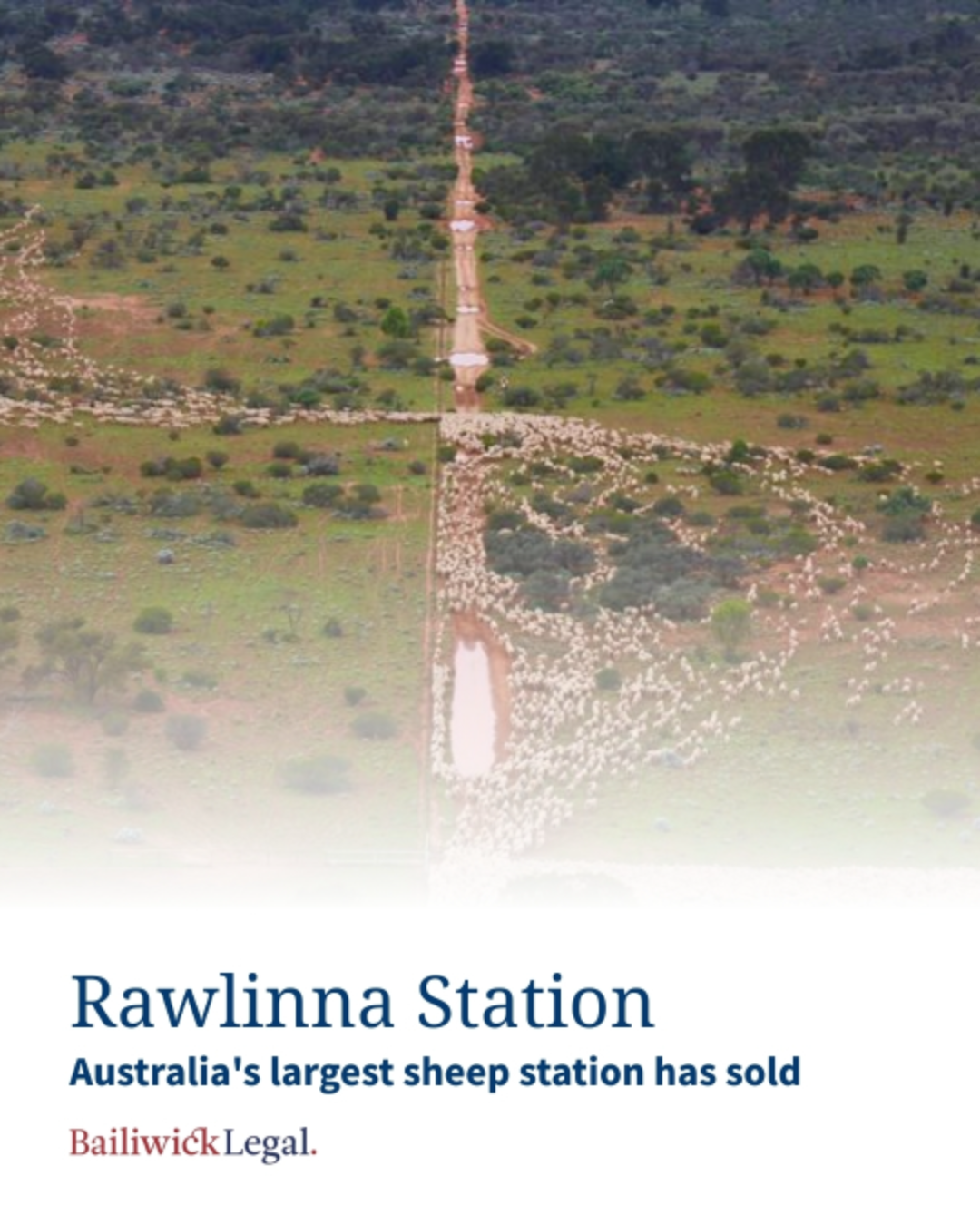What Happens if you Die Without a Will?
February 19, 2026
Dying without a Will (also known as dying ‘intestate’).

In our last blog, we mentioned the alarming number of Australians that die without a valid Will, leaving no verifiable proof of their wishes as to what happens to their estate.
In this article we are discussing what happens when you die without a Will (also known as dying ‘intestate’). Intestacy also occurs when a deceased person has left a Will that only deals with part of their estate, or the Will is not valid
We’re going to be covering the legal processes that are put in place for such a scenario and how to settle potential disputes that may arise over property that has not been properly distributed after the passing of the deceased.
Without further ado, let’s get to it.
How would the estate be distributed?
When a person dies intestate, the Administration Act 1903 (WA) (“Administration Act”) governs who is entitled to that person’s estate and how it will be distributed.
The process of deciding who gets what from that estate depends on a number of factors, including what relatives are alive at the time of death and the value of the estate.
This is a good moment to point out that no, if you die intestate, the government is not automatically entitled to the entirety of the deceased’s estate. This outcome is at the very end of the line and typically only happens if the deceased had no living relatives.
Whilst in some circumstances it may seem that distributing the deceased’s estate in accordance with the Administration Act is of a similar outcome to what the deceased would have written in a Will in any event, it should be noted that more often than not the results tend to be less than desirable.
A Case Study
Let’s use an example to understand this better.
We have a family that consists of dad, mum, child (aged 3), child (aged 5) and child (aged 8). Dad and mum each own a car in their respective names, there is a joint bank account and mum owned the family home solely.
Mum passes away unexpectedly and without leaving a Will. Let’s say, for the sake of this example, that mum’s car was worth $20,000, and the home $500,000, mum’s estate is worth a total of $520.000 (noting that the other car was in dad’s name so that remains his and the bank account was joint so that automatically transfers to dad upon mum’s death).
As mum died without a Will, she died intestate. This means the distribution of her estate is going to be governed by the Administration Act.
To determine who is entitled to mum’s estate and how it is to be distributed to such beneficiaries, the following questions needs to be considered:
1. Did mum have a husband/wife/de facto partner à Yes.
2. Did mum have kids (or kids of deceased kids) à Yes.
3. What was the value of the estate, being above or below the current threshold of $472,000 à above (mum’s estate was $520,000).
Therefore, mum’s estate would be distributed as follows:
· Dad would be entitled to the household chattels, $472,000 of mum’s estate and 1/3 of the balance; and
· Children would be entitled to share in the remaining 2/3 of the balance equally.
A Prevailing Problem
Whilst this outcome may not seem problematic at first as dad is entitled to a majority of the estate (which presumably is what mum would have wanted in any event), it does give rise to some potentially problematic issues.
Deducting dad’s automatic entitlement to the first $472,000 means there is $48,000 left for distribution between dad and the children. $16,000 (being 1/3) is dad’s whilst the other $32,000 (being 2/3) is to be split between the children equally.
As the only assets are the family home and mum’s car, it is going to be difficult to split these assets in accordance with the above without having to convert them to cash. This is perhaps more problematic when considering the family home as it may result in the home having to be sold to effect the intended distribution.
Further, as the children are all under age, dad would need to hold their portions on trust until they were old enough to receive their benefit. This may be assets that the dad may require in order to provide for the children as they grow up.
One can imagine how this scenario would be further complicated if there was a blended family or second marriage, which today is quite common.
All these issues could easily be avoided with the preparation of a valid Will.
But who would be the Executor?
We’ve discussed what happens to the deceased’s estate when they die intestate, but we haven’t discussed who is appointed as the executor.
When someone dies intestate, Letters of Administration must be applied for and granted from the Supreme Court appointing an administrator (same role as an executor) prior to the estate being able to be dealt with. This process can be more complicated, timely and costly than the Probate process (where the deceased died with a valid Will appointing an executor).
So who exactly gets to be the administrator in such situations?
Any direct beneficiary of the estate can apply to be the administrator, so long as they are over the age of 18 and are of sound mind. If there are no direct relatives then anyone, including a creditor of the estate, can apply for Letters of Administration.
In the case study above, the direct beneficiaries of mum’s estate were dad and the children, however as the children are minors dad would be the only person in the family entitled to apply for Letters of Administration.
Conclusion
Having a loved one die can be a terrible experience by itself long before anyone even mentions a Will, but having them die intestate does nothing to better such a terrible scenario.
If you unfortunately find yourself in this kind of situation, it is recommended you seek out legal advice tailored to your particular circumstances in order to formulate the best possible course of action.
Please contact our office on (08) 9321 5451 or office@bailiwicklegal.com.au for more information.
The contents of this article does not constitute legal advice, is not intended to be a substitute for legal advice and should not be relied upon as such. It is designed and intended to provide general information in summary form on legal topics, current at the time of publication, for general informational purposes only. The material may not apply to all jurisdictions. You should seek legal advice or other professional advice in relation to any particular matters you may have.
By Danielle Edwards (Senior Associate)













